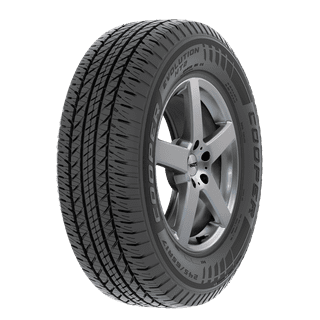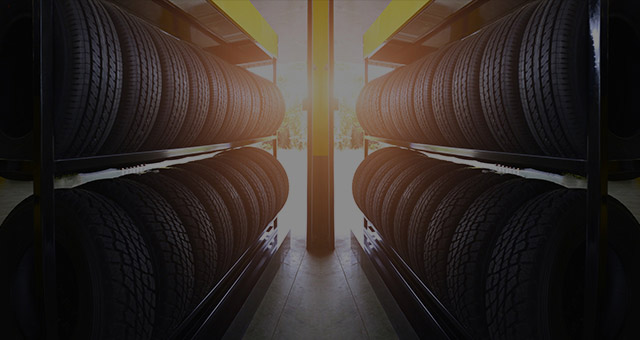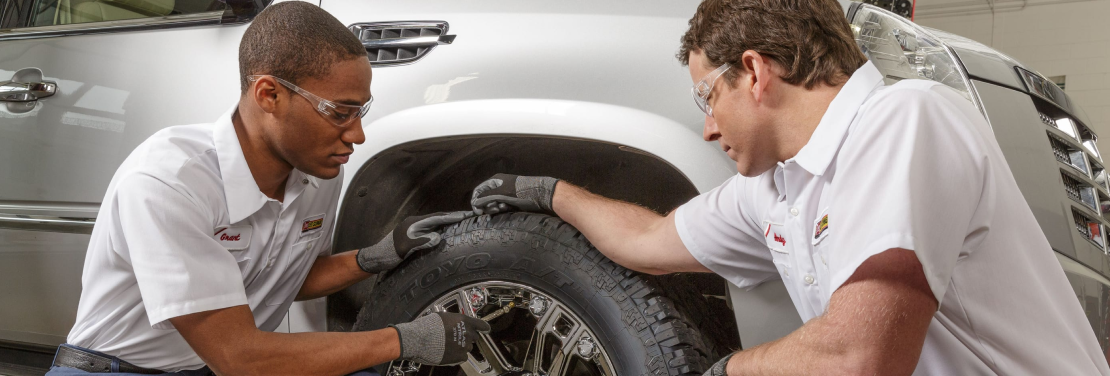Find the most effective Tires Morris IL: Extensive Option Offered
Wiki Article
Tire Solution: Comprehending Tire Pressure Monitoring Systems
Comprehending Tire Pressure Surveillance Equipments (TPMS) is an important element of maintaining optimal lorry performance and security on the roadway. With advancements in auto technology, TPMS has actually become a conventional function in modern automobiles, giving real-time details on tire stress degrees.
Relevance of TPMS
The value of Tire Stress Tracking Solutions (TPMS) hinges on their ability to enhance vehicle safety and security and efficiency via real-time monitoring of tire pressure levels. Preserving the proper tire stress is vital for making sure optimum handling, stopping, and total security of a car. TPMS provides motorists with instant feedback on any type of underinflated or overinflated tires, enabling prompt modifications to be made.
Parts of TPMS
Sensors are normally situated in the tire shutoff stem or attached to the wheel assembly, where they measure tire stress and transfer information to the control component. Some progressed TPMS designs also show the real tire pressure readings for each tire, offering motorists with real-time details to guarantee optimum tire efficiency and safety and security. By keeping track of tire pressure constantly, TPMS aids avoid mishaps, minimizes tire wear, and boosts gas efficiency, making it an important element for vehicle safety and performance. discount tires morris il.
Types of TPMS

On the various other hand, indirect TPMS relies upon the lorry's wheel rate sensors to check tire stress. This system detects underinflation by comparing the rotational rates of the wheels. Indirect TPMS is much less expensive than straight TPMS, as it utilizes existing sensors within the automobile.
While straight TPMS offers extra precise analyses, indirect TPMS is simpler in layout and usually calls for less maintenance. Both systems have their benefits and limitations, and the choice between them frequently relies on aspects such as price, car make, and anchor individual choice. Understanding the differences between these 2 kinds of TPMS can assist lorry proprietors make notified decisions relating to tire maintenance and safety.
TPMS Maintenance Tips
Conduct routine checks on the tire pressure levels and compare them with the TPMS readings to ensure they are constant. Throughout tire turning or substitute, make sure that the TPMS elements are taken care of thoroughly to stop any kind of potential damage. If the TPMS alerting light brightens on the dashboard, attend to the issue promptly by examining the tire pressures and the overall system for any kind of faults.Advantages of Proper Tire Pressure
Maintaining appropriate tire stress, as stressed in TPMS Upkeep Tips, is vital for reaping the various advantages related to ideal tire pressure levels. Among the key advantages of preserving the right tire pressure is improved fuel performance. When tires are properly blown up, there is less rolling resistance, causing better gas economic situation. Additionally, appropriate tire stress makes sure even tire wear, extending the lifespan of the tires and promoting safer driving problems. With the appropriate tire stress, vehicles also have far better handling and grip, especially in unfavorable weather. This can improve overall driving performance and safety for the chauffeur and travelers. Keeping optimum tire stress can contribute to a smoother and extra comfortable adventure by decreasing resonances and noise triggered by underinflated tires. In final thought, the benefits of proper tire pressure exceed just tire durability; they include enhanced fuel performance, boosted safety, better automobile efficiency, and overall driving convenience.Final Thought
Finally, understanding tire pressure tracking systems (TPMS) is essential for preserving optimal tire pressure and making certain get redirected here automobile safety. By acknowledging the relevance of TPMS, knowing with its elements, knowing the various types offered, sticking to proper maintenance tips, and recognizing the advantages of maintaining appropriate tire pressure, vehicle drivers can improve their driving experience and lengthen the life-span of their tires. Proper tire pressure is essential to secure and reliable lorry procedure.
Report this wiki page